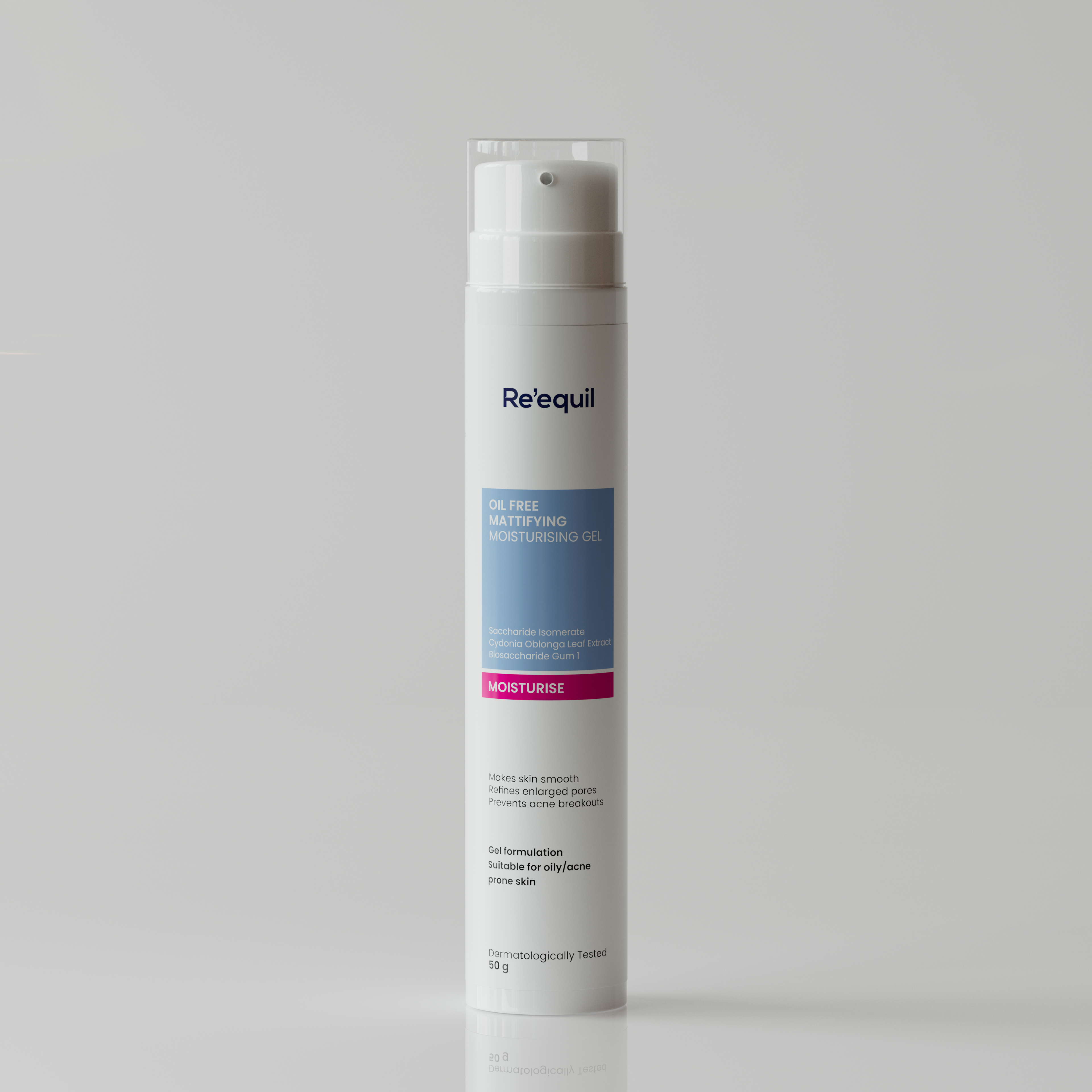Vitamin C can make significant improvements in face wrinkles when used in topical applications for 12 weeks, according to a 2008 study.
Another study conducted to examine the efficacy of Vitamin C states that 19 out of 34 individuals reported notable improvement in skin hyperpigmentation.
In addition to this, several studies support the effectiveness of topical forms of Vitamin C, with serum being the most effective form.
Vitamin C serum can brighten your skin, promote collagen production, and may protect against sun damage.
However, if not used the right way, Vitamin C serum can cause skin redness and irritation.
Ahead is a complete guide to adding a Vitamin C serum to your skincare routine.
How to use Vitamin C serum?
Serums, in general, are supposed to be the middle layer of your skincare routine.
While cleansers and moisturisers/sunscreens provide a base and protection—serums deliver the concentrated active ingredients to the deeper layers of your skin.
So while doing your skincare routine, a Vitamin C serum should never be the first or the last skincare product you apply.
Here is a step-by-step skincare routine you can follow if you are just starting to use a Vitamin C serum -
1. Wash your face to cleanse your skin from dust, debris, excess oil, or makeup
The way serum works is that it penetrates into deeper layers of your skin—from the stratum corneum (the outermost layer of your skin) to the debris (the middle layer).
However, if your skin is not properly clean—meaning if it contains bacteria, pollutants and unwanted debris—serum’s molecules may not be able to penetrate deeper into your skin.
So start your routine with a gentle cleanser to remove these impurities and ensure your Vitamin C serum reaches its target zone for maximum effectiveness.
2. Apply a toner to restore your skin’s pH level
A disrupted pH balance can compromise your skin’s natural moisture and increase skin sensitivity. A face toner can prevent this imbalance and ensure your skin looks healthy and refreshed.
Moreover, applying a toner after your face wash can remove any remaining traces of impurities on your skin—leaving your skin absolutely ready to absorb the face serum.
3. Apply a Vitamin C serum
You have already set a great base using a cleanser and a toner—now it’s time to introduce your skin to the Vitamin C serum.
A study conducted on the efficacy of ascorbic acid (Vitamin C) states that it is highly effective in treating hyperpigmentation.
Moreover, a 2008 study states that the topical variants (such as creams, serums, etc) of Vitamin C significantly improve the overall texture of the skin.
Along with these, Vitamin C serum has several other benefits such as improving the appearance of fine lines and wrinkles and reducing acne lesions—and has very less side effects.
4. Apply a moisturiser to help your skin absorb the active ingredients delivered by the serum
After applying the Vitamin C serum, wait for 30 to 60 seconds. Let your skin absorb the serum—then apply a moisturiser.
A moisturiser will lock in the active ingredients delivered by the serum. Moreover, it helps seal in moisture and keep your skin hydrated for longer.
A 2011 study states that
“Face serums in combination with a moisturiser can be effective for treating photodamaged skin.”
The same study also states that applying face serum in combination with a moisturiser can reduce the appearance of fine lines and wrinkles.
5. Apply a broad-spectrum sunscreen
No matter what your skincare routine is like, it must end with sunscreen—it is non-negotiable.
Sunscreens help block UV radiation—these radiations can damage your skin—causing hyperpigmentation and photoaging (premature ageing of the skin).
A study says that topical Vitamin C in combination with sunscreen can optimise your SPF—and effectively treat sun damage.
When to apply Vitamin C serum, day or night?
A vitamin C serum can be used both at night and in the morning. Although there is a good reason for the widespread belief that you should only use this serum in the morning, there is no danger in using Vitamin C serum at night.
Vitamin C serum can help restore your skin at night by increasing collagen production. However, avoid using Vitamin C serum at night if your nighttime skincare routine includes potent active ingredients.
How to apply—recommended by Dermatologists
Use one droplet of serum for a quadrant of your face. For example, one drop on your right cheek, one on your left, one on your forehead, and one for your nose and chin.
- Dispense 4 drops of Vitamin C serum on your hands or directly on your face.
- Spread it evenly to cover your entire face.
- Let it absorb for 30 to 60 seconds before applying your follow-up skincare product.
Skincare ingredients to avoid if you are using a Vitamin C serum
Vitamin C serum when combined with certain skincare ingredients can cause skin irritation, redness and peeling. Following are the ingredients you should definitely avoid while using Vitamin C:
Alpha hydroxy acids & beta hydroxy acids (AHAs & BHAs)
While beta hydroxy works deeper into the skin layers to eliminate dead skin cells and control sebum production, alpha hydroxy regenerates the skin's outermost layer. Skin discomfort may result from combining vitamin C serum with AHA and BHA. This is a result of the fact that all three of them are acidic ingredients.
They can be used in tandem, but not on the same day. For instance, you can use a vitamin C serum on Monday and a skincare product containing AHA/BHA on Tuesday.
Retinol
“For individuals with sensitive and oily skin, the combination of Retinol and Vitamin C can cause irritation to the skin and other adverse effects as well,” says Dr Aseem Sharma, MD & DNB.
“The reason is that this combination increases sun sensitivity, causing facial redness and inflammation on patches of sun-exposed skin,” he adds.
However, if you have dry or combination skin, you can use Retinol and Vitamin C on alternate days.
“Always use a moisturiser to counteract the dryness and apply a broad spectrum sunscreen during the day,” he suggests.
Benzoyl Peroxide
Benzoyl peroxide is one of the most effective ingredients in targeting and treating active acne. Similarly, Vitamin C, which has anti-inflammatory properties, controls sebum production—helping with acne.
But, pairing Vitamin C with benzoyl peroxide is not a good decision.
Why?
Benzoyl peroxide will oxidise Vitamin C—reducing its efficacy. Moreover, using them together can be tough for your skin to handle—the combination can irritate the skin—especially the sensitive, acne-prone skin.
References
1. Mccall-Perez, F., & Stephens, T. J. (2011). Efficacy and Tolerability of a Facial Serum for Fine Lines, Wrinkles, and Photodamaged Skin. The Journal of Clinical and Aesthetic Dermatology, 4(7), 51-54. https://www.ncbi.nlm.nih.gov/pmc/articles/PMC3140905/
2. Fitzpatrick, R. E., & Rostan, E. F. (2002). Double-Blind, Half-Face Study Comparing Topical Vitamin C and Vehicle for Rejuvenation of Photodamage. Dermatologic Surgery, 28(3), 231-236. https://doi.org/10.1046/j.1524-4725.2002.01129.x
3. Murray JC, Burch JA, Streilein RD, Iannacchione MA, Hall RP, Pinnell SR. A topical antioxidant solution containing vitamins C and E stabilized by ferulic acid provides protection for human skin against damage caused by ultraviolet irradiation. J Am Acad Dermatol. 2008 Sep;59(3):418-25. doi: 10.1016/j.jaad.2008.05.004. Epub 2008 Jul 7. PMID: 18603326.














